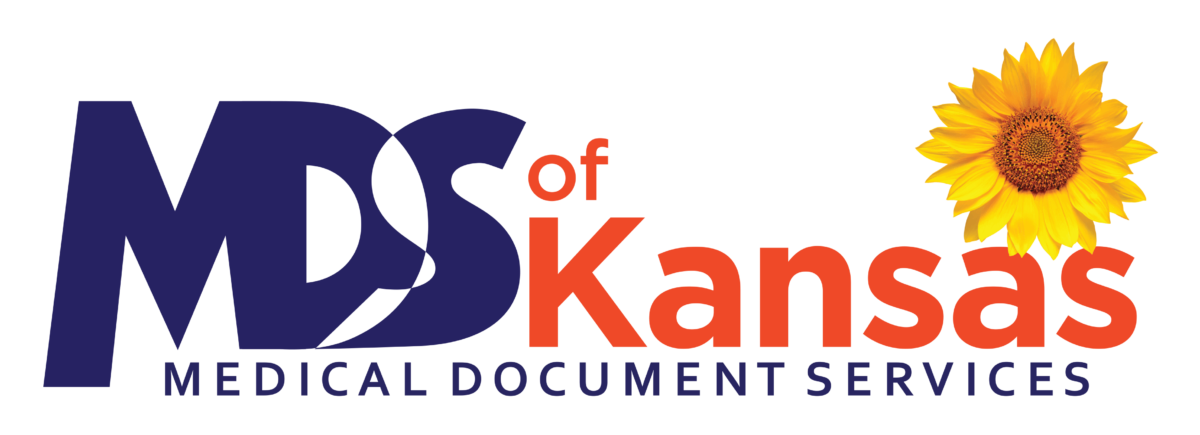With copy and paste rampant, UW Health chief medical information officer Shannon Dean says toolkits and vendors can help, but physicians need to take responsibility for proper clinical documentation.
Overuse of copy and paste in electronic health records is a problem. Sure, it’s convenient. And it’s entirely understandable why it’s a common shortcut used by scores of physicians. But it often results in note bloat – unwieldy patient records overflowing with repetitive documentation – that can potentially lead to serious safety risks.
“Copying or importing text increases the risk of including outdated, inaccurate, or unnecessary information, which can undermine the utility of notes and lead to a clinical error,” wrote researchers in a 2017 study in Journal of the American Medical Association.
[Also: EHRs are overflowing with copy-and-paste records, JAMA study shows]
The practice of copy and paste has to be reigned in, and one chief medical information officer, writing for the Agency for Healthcare Research and Quality, says that has to start with the physicians themselves.
Shannon Dean, MD, CMIO at University of Wisconsin School of Medicine and Public Health, penned a column this month for AHRQ’s Perspectives on Patient Safety. She began with an example of what can happen when notation gets lazy.
She cites the case of a 78-year-old man who, “with an alleged history of ‘PE’ (interpreted by the clinicians as pulmonary embolism) received an unnecessary CT scan to rule out a suspected ‘recurrence’ of pulmonary embolus.
[Also: NIST weighs in on EHR copy-and-paste safety]
“As it happens, years earlier, the abbreviation ‘PE’ had been used in the electronic note to indicate that the patient had had a physical examination, not a pulmonary embolism!” said Dean. “In a vivid example of copy and paste, once the diagnosis of pulmonary embolism was mistakenly given to the patient, it lived on in the EHR.”
Beyond the risks to patient safety, that also points to the unnecessary costs that can pile up when unwitting clinicians order tests that are based on erroneous and repetitive data.
Nonetheless, said Dean, too many clinicians still copy and paste as a habit: “Perhaps we are complacent about copy and paste because we remain unconvinced that there is a correlation between its use and patient safety.”
In her article, she surveys more than a dozen studies on the subject, and finds that published research into adverse outcomes isn’t as voluminous as one might expect, even if it’s understood, intuitively, that the practice isn’t ideal.
So “it is clear that much work remains to be done,” said Dean. She points to toolkits like the one put together by AHIMA, and the fact that Epic has rolled out functionality that can “identify the source of every character within a note, whether it is newly typed, imported from another source, or copied and pasted.”
Still, “I am aware of very few organizations that are actively using these tools to educate and mentor clinicians in a systematic way to improve documentation quality,” she said.
While more academic research would be welcome on the correlation between copy and paste and patient safety, she said, it’s fairly widely accepted that it’s a shortcut that should only be used sparingly and in specific instances.
Healthcare organizations need to start making use of resources such as AHIMA’s toolkits, Epic’s auditing features and innovations like natural language processing technology to help physicians do better with their EHR documentation.
She also points to the OpenNotes initiative, which continues to gain momentum, as another big opportunity: Giving patients the ability to read their own doctor’s clinical notes allows them to “hold us accountable for quality documentation.”
But at the end of the day, “physicians need to reestablish ownership of the accuracy of clinical documentation,” said Dean. “We must stop blaming the EHR for our carelessness and start educating ourselves about how to use documentation efficiency tools, including copy and paste, more responsibly.”
Twitter: @MikeMiliardHITN
Email the writer: mike.miliard@himssmedia.com
Doctors must stop blaming EHRs for clinical documentation shortcut failures
Medical Document Services of Kansas, LLC (MDS) is a Wichita, Kansas healthcare document service specializing in Medical Billing, Medical Transcription, Scribe Services, and AzaleaHealth EHR. We provide efficient, accurate, affordable quality services for hospitals, clinics, and facilities of all sizes. Call 866-777-7264 today, or visit our website for more information. We have education programs in Medical Scribe Specialists. #MedicalTranscription #AzaleaHealthEHR #RevenueCycleManagement #MDSofKansas #MedicalBillingService #MedicalScribes

